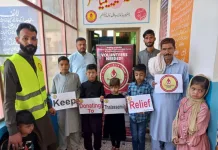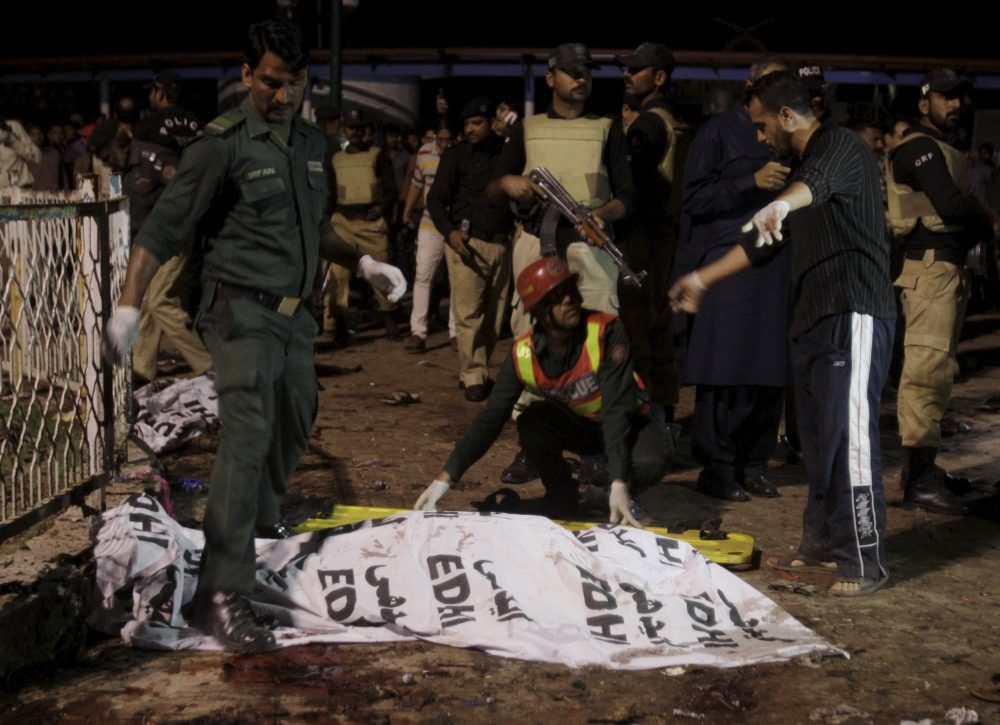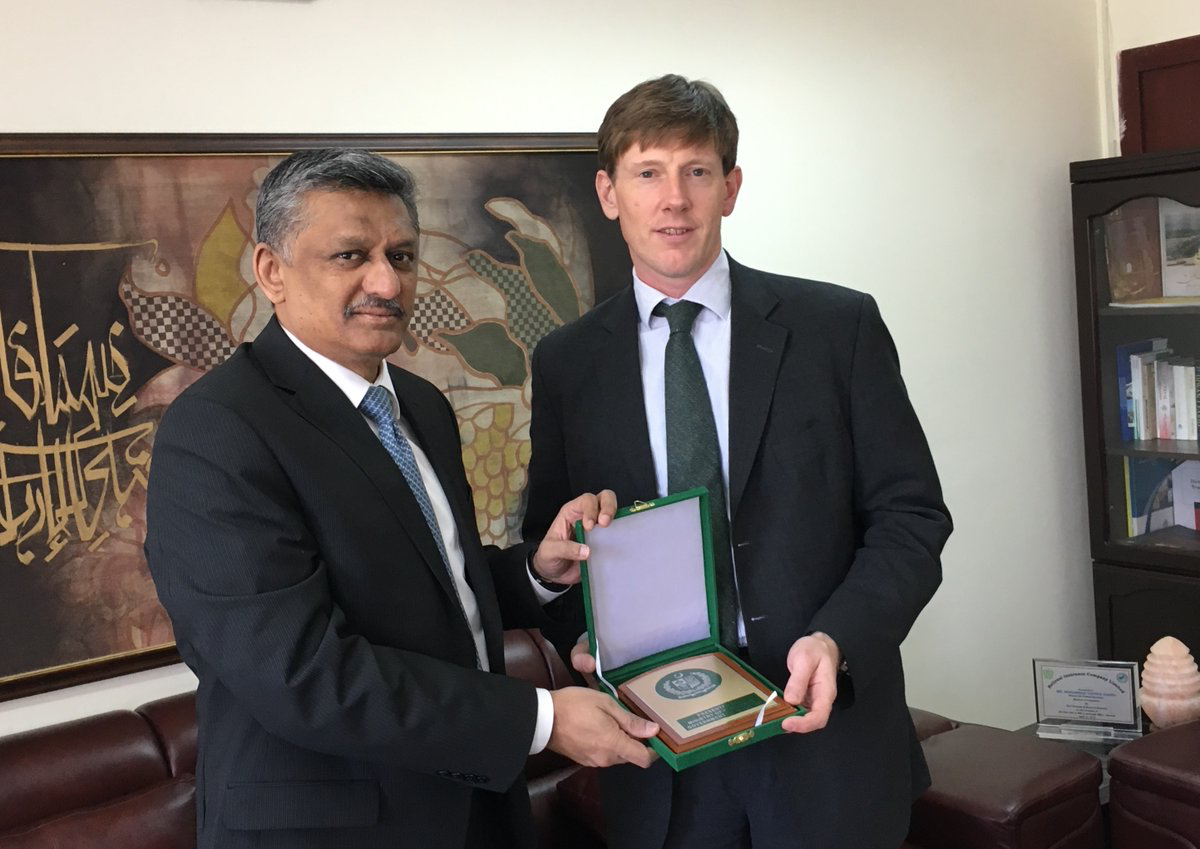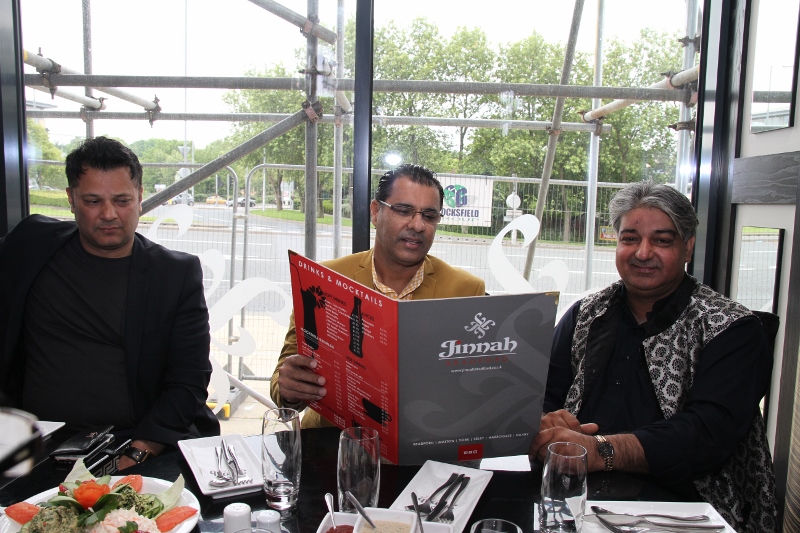
Shock across Pakistan at the murder of a 16-year-old girl accused of helping a young couple run away and elope has turned to anger over the role played by a “jirga”, or tribal council, which police say ordered the punishment.
Pakistani police arrested 15 members of a tribal council accused of ordering the burning alive of a young girl for helping a couple to elope in a so-called “honor killing”, police said.
The 16-year-old girl was set on fire last week in the town of Donga Gali, about 50 km (30 miles) northeast of the capital, Islamabad, on the orders of the council, said district police chief Saeed Wazir.
Police said the honor killing was ordered as punishment for what the council deemed irreparable damage to the village’s reputation. The couple appeared to have escaped.
The girl’s mother and brother were also arrested, Wazir said, as they were present during the meeting and allegedly agreed to the sentence.
Jirgas are often convened, particularly in conservative rural areas, to settle local disputes especially between poor families, and although they operate outside the law, their decisions are often honoured and ignored by authorities.
In the case of Ambreen Riasat, who was drugged, killed and burnt by a group of men in a so-called “honour killing” in the village of Makol, just 50 km from the capital Islamabad, the mayor questioned whether the jirga was even genuine.
“This barbarity has never happened before,” Makol mayor Zardad said.
Other residents confirmed the village of around 5,000 people had no history of “honour killings”, and said in other elopement cases the punishments meted out were relatively minor.
“Everyone in the village is just confused and stunned,” said Sardar Naseer Ahmed, 33, a businessman. “There is a sort of fear that I have never seen before.”

Whoever made up the group that ordered Ambreen’s death, the case has underlined how weak the tentacles of formal Pakistani justice are even close to the centre of government.
Tribal councils, called jirgas in ethnic Pashtun areas and “panchayat” across Punjab and elsewhere, can act to fill that vacuum, and their decisions are usually without controversy.
But events in Makol just over a week ago have highlighted the risks they pose.
Bilawal Bhutto Zardari, chairman of the opposition PPP party and son of Pakistan’s only female prime minister, the late Benazir Bhutto, called for a “revolt” against the jirga system after Ambreen’s death.
Rights groups say men who run jirgas often barter women and hand down punishments that have included rape and forced marriage of young girls.
More than 500 people are killed in Pakistan each year in so-called “honour killings”, usually carried out by members of the victim’s family meting out punishment for bringing “shame” on the community.
The fact that the area of Makol had no known history of such abuses, and was so close to the leafy, sophisticated capital, has added to the sense of revulsion.
Most Pakistani newspapers reported Ambreen’s death on their front pages, and Prime Minister Nawaz Sharif called for her killers to be swiftly prosecuted.
“Such a barbaric act is not only un-Islamic but also inhuman,” he said. “It is not honour killing, its just plain murder.”
Ambreen’s father called for the culprits to suffer the same gruesome fate as her.
“We want the culprits to be burned alive at the local chowk (village square),” Riasat, a 52-year-old labourer, told a gathering of about 100 village elders held in a local mosque.
Initial reports said that Ambreen was burned alive, but police now believe she was drugged and suffocated before her body was placed in a van and set alight.
The murder took place on April 29, but has only come to light after investigators pieced together what happened.
Riasat said Ambreen had no link to Saima, the young woman who had eloped with another man from Makol.
“If they had to kill someone, why didn’t they kill (Saima)? Why my daughter?” he asked, welling up with anger.
The police have arrested 13 of 15 members of the alleged jirga, and paraded them blindfolded and shackled before the media. They also arrested Ambreen’s mother, saying she was connected to the jirga.
“How can a mother hurt her daughter? It’s a lie,” Riasat shouted before the elders, who gathered after Friday prayers to discuss the community’s response to the killing.
Many Pakistanis are calling again for the passage of an anti-“honour killing” law, which closes a loophole that allows family members to forgive the killers of their daughter. Men are seldom convicted for their role in such murders.
Sharif has promised to speed up the passage of the proposed law after Pakistani director Sharmeen Obaid-Chinoy won an Oscar in 2016 for a documentary film about “honour killings”, but the law is being opposed by religious parties in parliament.
Obaid-Chinoy has said the intense media coverage of Ambreen’s murder “shows that the country is thinking about honour killings and realising that it is a stain on our society”.














